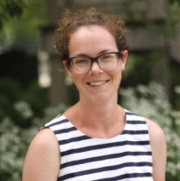Refine
Date Range Clear
Recorded by Clear
Keywords Clear
- Science in society 45
- atmospheric science 45
- Career Paths 45
- #AGU100 25
- #AGU 23
- career advice 21
- NASA 21
- 238 more
Partnerships Clear
Organizations Clear
- BAERI 10
- NASA Ames 8
- AGU 5
- American Geophysical Union 3
- Bay Area Environmental Research Institute 3
- 6 more
Places Clear
Languages Clear
Initiatives Clear
The potential downside of a career in always seeking discoveries is that it may stunt the development of your confidence. Even as someone who walked into NASA, living the dream in his mind, Nathan Kurtz experiences that downside, politely calling...
In this interview, conducted in November of 2017 in Chicago, Illinois, Keyla Garcia (17) interviews her mother Karla Franco (45) about her experiences growing up in relation to school and work. Ms. Franco describes her time in school as a...
Aaron Piña is the National Program Lead for Atmospheric Sciences and Fire Weather Research at the United States Forest Service where he runs a research program that helps transition knowledge into the hands of decision makers around the world. Initially...
Distinguished Professor of Environmental Science & Management at UC Santa Barbara speaks with Ph.D. candidate in the Hydrogeology program at the University of Nevada, Reno.
Renee Weber is the Chief Scientist at NASA’s Marshall Space Flight Center, which basically means she represents all science at the center- pretty cool if you ask us! We talked to Renee about the importance of seismology, building personal relationships...
Michael Hesse is the Director of Science at NASA’s Ames Research Center, focusing on space biological science. We talked to him about being a good leader, doing science all over the world, and the joys of racing cars.
Dr. Stephen Rinehart is the Director of Planetary Research Programs at NASA. We talked to him about how his love for destroying things as a kid led him to a career in science, walking away from failure, and working with...
Zachary Wolff talks about how his path to studying and creating models as a graduate student at UC Irvine was not straightforward: he first considered medicine and meteorology before working on a CICE radiation study and discovering his interest. While...
Lauren Haygood is a PhD student at Oklahoma State University, studying marine geochemistry and metal biogeochemical cycling in Dr. Natasha Riedinger’s lab. How does one become a chemist after failing chemistry in undergrad? We talked to Lauren about figuring out...
Saleh Ahmed is probably the only researcher who’s working in both Bangladesh and the Intermountain West. And as a professor in Environmental Studies, Global Studies, and Public Policy at Boise State University, his research in climate change is particularly urgent....
Charles Webb is the Deputy Director of NASA’s Joint Agency Satellite Division, where he helps lead a team to develop and launch satellite missions for the National Oceanic and Atmospheric Administration. Charles has a gift for translating between scientists and...
Trena Ferrell’s story with NASA all started with an email requesting an in class visit for her students. Now as a Public Outreach Lead for NASA, she sits down with us to talk about the importance of STEAM (emphasis on...
A big part of Mónica Feliú-Mójer’s life mission is to help use science communication as a tool for equity and inclusion, and she has certainly achieved this working with two non-profits called Ciencia Puerto Rico and iBiology. Mónica has spent...
David Moore is a first-year graduate student at UCLA. He is studying tropical cyclones, also known as typhoons or hurricanes, on Earth. In his graduate research work, David is researching how to bridge the gap between planetary atmospheres and meteorology...
Emily Wolin is almost singe-handedly trying to upgrade Myanmar’s national seismic network. As a student, Emily saw the Mount Saint Helens eruption. Today, she helps scientists in Myanmar prepare their country for the aftermath of the next hurricanes to come...
NASA Atmospheric Scientist Dr. Caroline Dang analyzes particles in the atmosphere and compares them with particles collected from flight observations to better understand aerosols in Earth's atmosphere and how they interact with clouds and radiation.
Dr. Ved Chirayath is the director of the Laboratory for Advanced Sensing (LAS) in the Earth Science Division at NASA Ames Silicon Valley. There, he develops and invents new instruments for NASA missions on Earth and in space, with much of his current work focusing on creating technology that will increase our...
In this interview, Dr. Meloe S. Kacenelenbogen discusses her expertise in ‘aerosols,’ suspended particles in the atmosphere. These small particulates can affect air quality and human health and can also impact the Earth’s radiation balance. We also discuss why she...
With over thirty-years of experience in aerosol research as a Project Leader on NASA’s AERONET program, retired NASA scientist Brent Holben knows his way around those finer details. Now three-months into his retirement, Brent walks us through his adventurous world-trotting...
Seismologist Lucy Jones gained recognition for doing a TV interview following the 1992 Joshua Tree earthquake while holding her sleeping infant son. Long before that, she became one of the first American scientists to enter China after it’s normalization in...
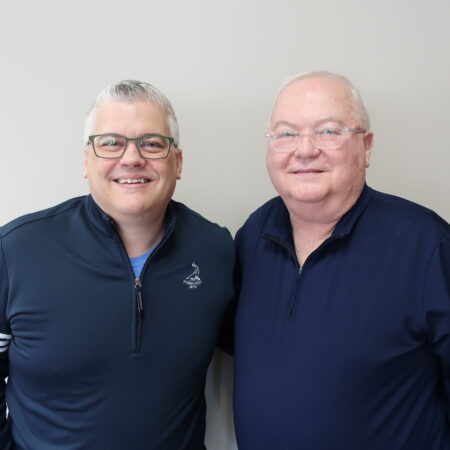
Christopher Nines (51) interviews his father, Larry Nines (74), about growing up, career paths, life lessons, and spirituality.
With experiences from Azerbaijan, India and the United States, three scientists discuss how they’ve shared their passion for science in society and data transparency from generation to generation. They hope future generations continue to use data to help people withstand...
Cora Cliburn (26) talks with her dad, Greg Cliburn (65), about his experiences as a paramedic, EMT, firefighter and executive fire officer.
Dr. Matthew Johnson's research is in atmospheric chemistry, a branch of atmospheric science, which looks at the composition and chemistry of Earth's atmosphere, such as aerosols and trace gas emissions, and how particles may impact human health. Dr. Johnson's research...
Alicia Hoffman is a graduate student at the University of Wisconsin - Madison. She is studying air quality and how to model the chemistry that impacts our air, using the Community Multi-scale Air Quality Model — developed by the Environmental...
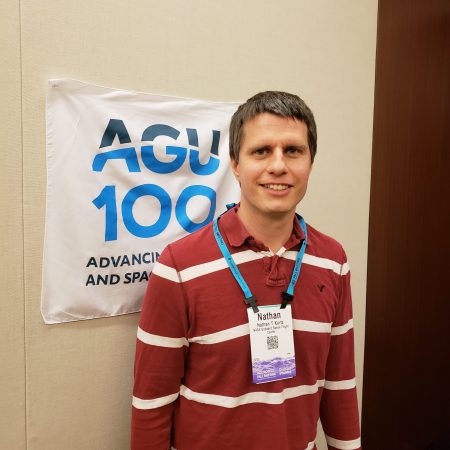
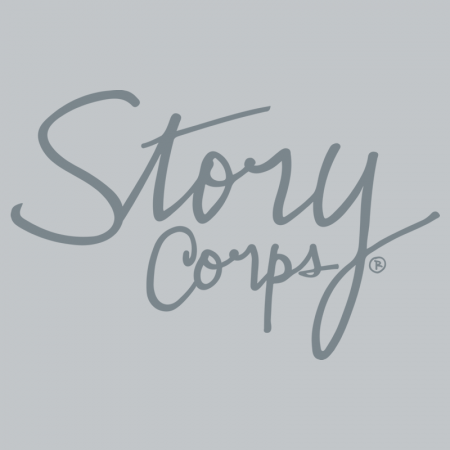
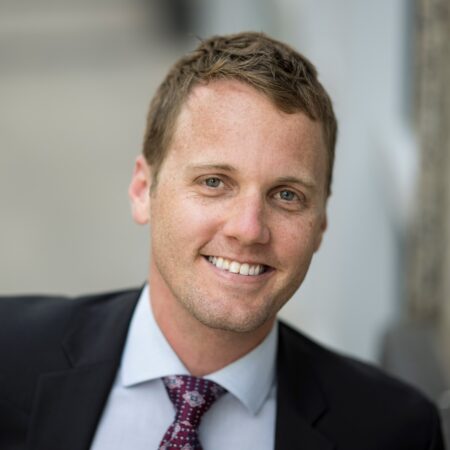
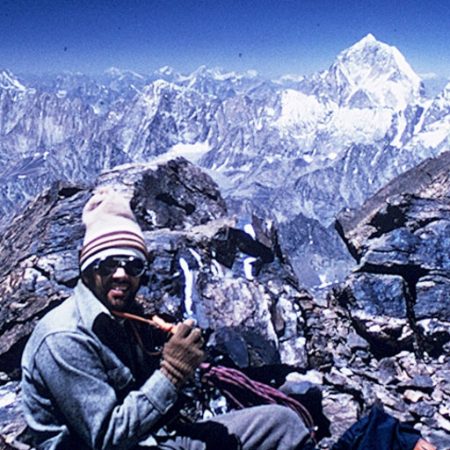
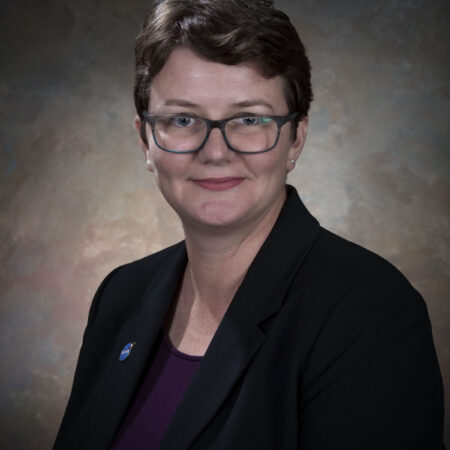
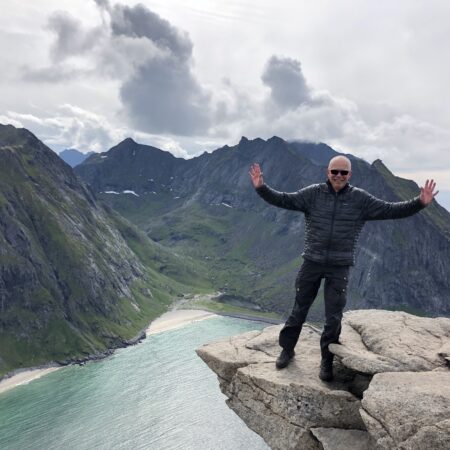

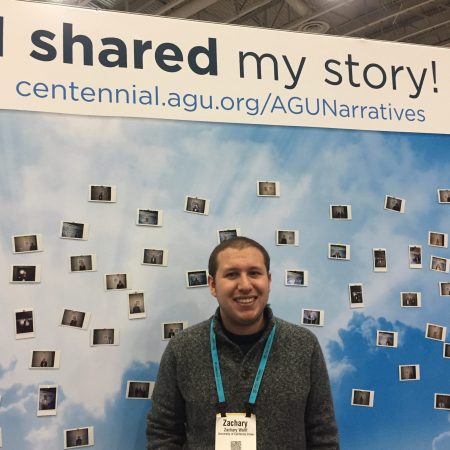
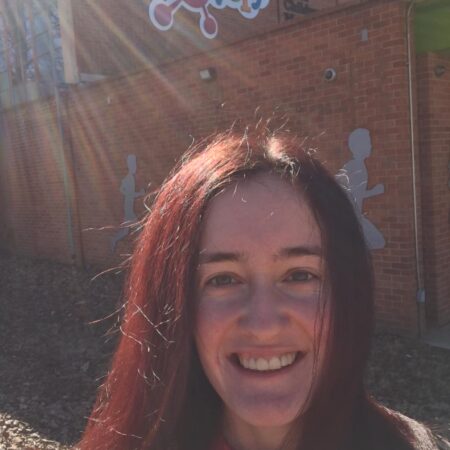
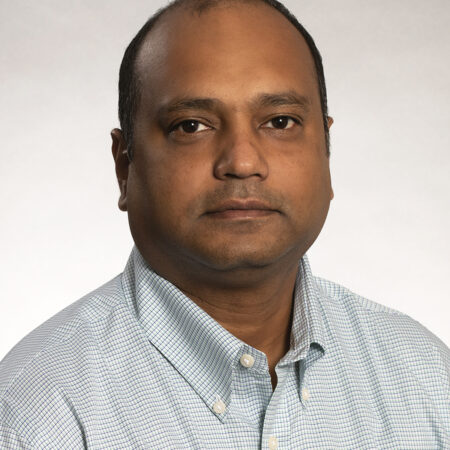
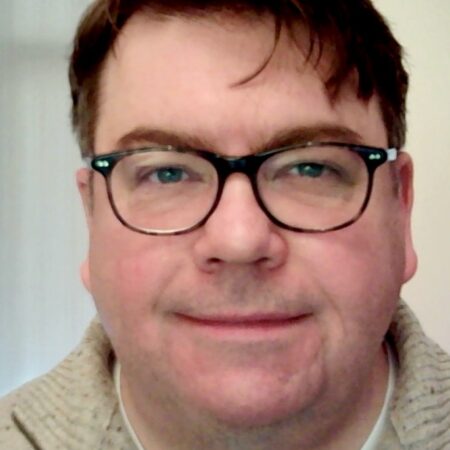
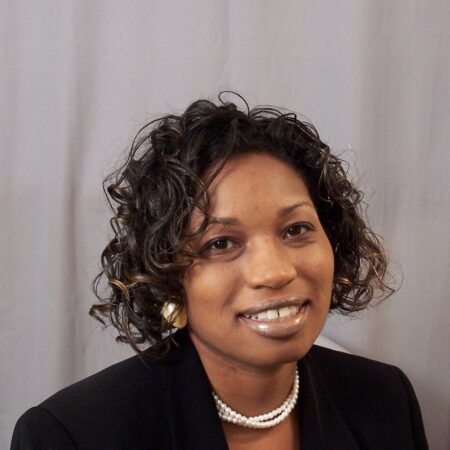

![“How far you go [in your science career] depends on how big your curiosity is." A conversation with David Moore.](https://archive.storycorps.org/uploads/2022/06/62a95661e5c99__david-moore-450x450.jpeg)
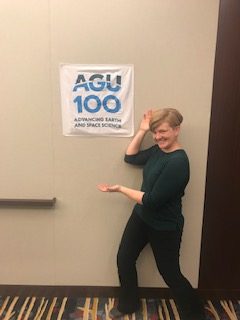
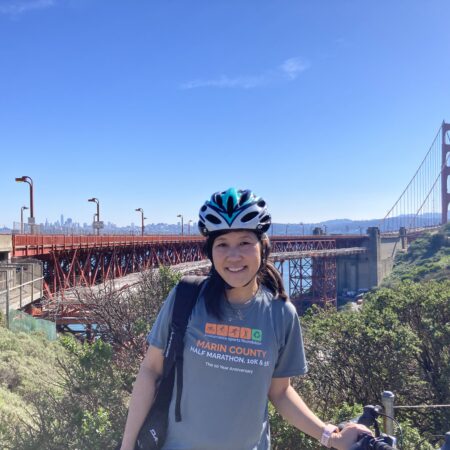
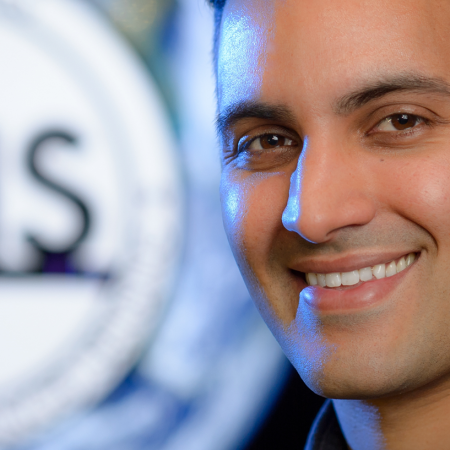
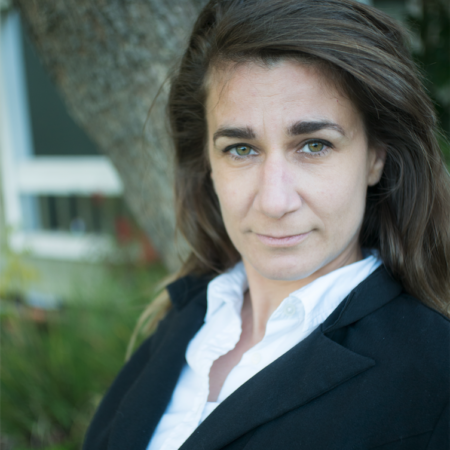
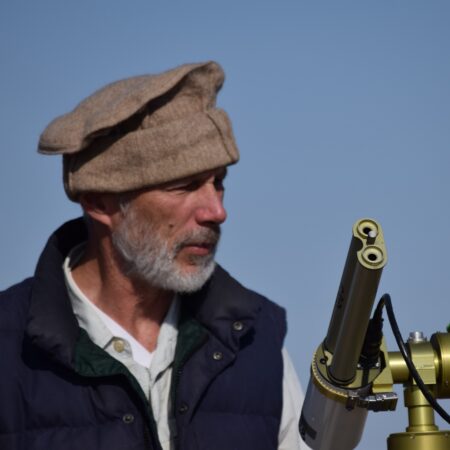
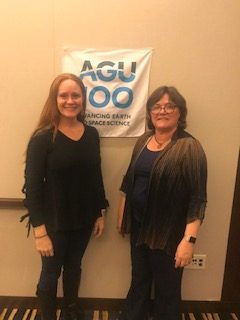
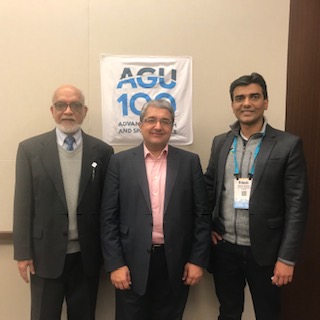
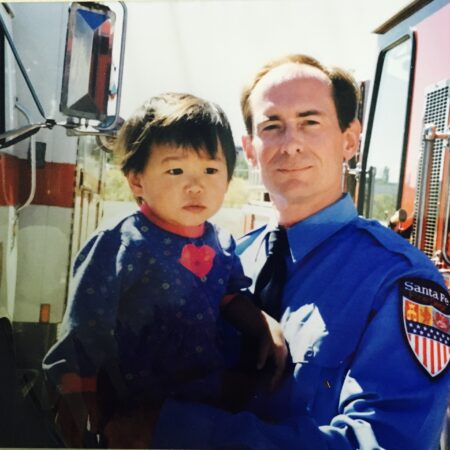
!["If you really enjoy it [science], all the work will be worth it." An interview with Matthew Johnson.](https://archive.storycorps.org/uploads/2021/02/6038002972612__M.Johnson_ceremony_pic_2020.11.11_submit_PROFILE-450x450.jpg)
